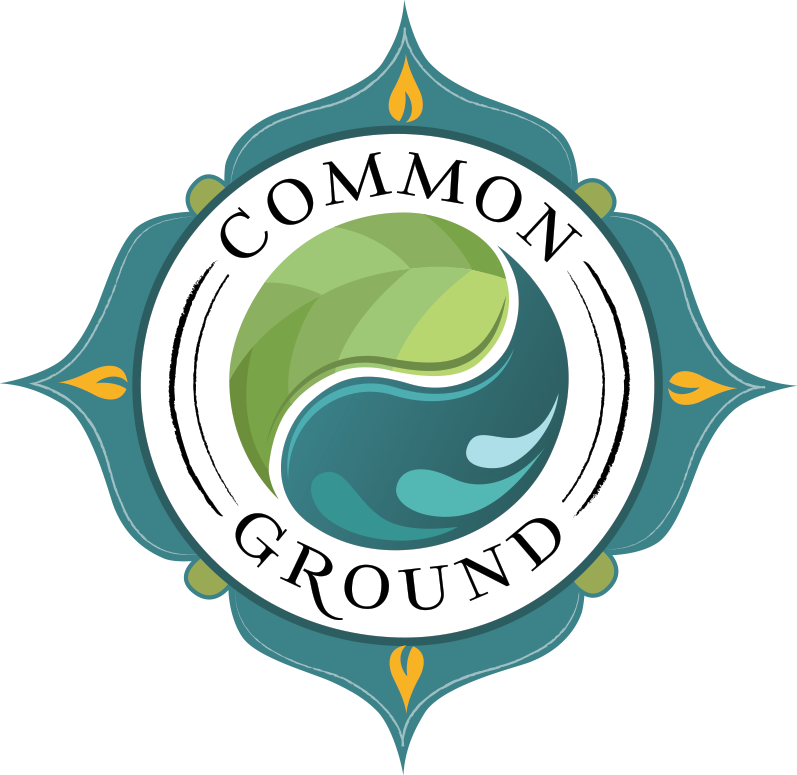Can Acupuncture Treat Insomnia?
One in four Americans experiences insomnia every year. According to a 2018 research study from the Perelman School of Medicine at the University of Pennsylvania, around 25% of Americans experience acute insomnia. Around 75% of these same individuals recover without further complaint. The rest go on to develop a more chronic issue that may require intervention. For those who can’t tolerate sleep medications, could acupuncture be an option? Can acupuncture treat insomnia?
You’re probably familiar with the concept of acupuncture. Utilizing very fine needles applied to specific points on the body, blood flow is stimulated and the body is better able to heal itself. Acupuncture has been utilized in China for over 5000 years and can be applied to a number of complaints with great success. You guessed it, insomnia is one of them.
Symptoms of insomnia may include (but are not limited to):
Falling asleep but not staying asleep
Trouble falling asleep, even though you’re tired
Daytime:
Fatigue
Irritability
Drowsiness
Waking up still feeling tired
Difficulty getting back to sleep when awakened
Waking up too early
Trouble concentrating throughout the day
Relying on sleep aids (medications or alcohol) to fall asleep
Waking up throughout the night
Studies show, and our experience supports, that acupuncture can treat insomnia. A 2009 article published in the Journal of Alternative and Complementary Medicine, titled Acupuncture for Treatment of Insomnia, evaluated randomized controlled trials for the effectiveness of acupuncture for insomnia. 46 randomized trials involving 3811 patients were reviewed. Randomized, blind, and intention-to-treat trials were included in the evaluation.
When comparing the following against the Pittsburg Sleep Quality Index, these were the findings:
No treatment – No notable improvement.
Medication – Acupuncture paired with medication is more effective than medication alone.
Acupuncture and medication – No difference between acupuncture and medications in average sleep duration.
Acupuncture and herbs – Acupuncture paired with herbs is more effective than herbs alone.
Acupuncture – It was determined that acupuncture was superior to medications when the number of patients with total sleep duration increased to greater than 3 hours.
There were no serious side effects related to acupuncture in the trials. In light of that, we’d like to point out a common side effect we’ve noticed here at Common Ground Wellness, Louisville Acupuncture: Our patients report having a deep night’s sleep on the day of their treatment. This is true even when sleep isn’t the reason for their visit.
Acupuncture for Insomnia: What to Expect
An Mian and Ht 7 ‘Shen Men’ are two of the points we utilize when working with a patient coping with insomnia.
1. An Mian Acupressure Point
Acupressure point An Mian translates to “sleep peacefully” and is actually a set of points that are not on any of the meridians. You can even try massaging this point yourself to help you sleep. The An Mian set of points are commonly utilized for:
Vertigo
Anxiety
Headaches
Insomnia
An Mian can be located on each side of the neck, just under the lobe of the ear and behind the bony part. Stimulate the point lightly with your middle or pointer finger.
2. Heart 7 ‘Shen Men’ Acupressure Point
Shen Men means Spirit Gate in Chinese. We utilize this point for:
Anxiety
Calming the Mind
Panic Attacks
Heart Palpitations
Insomnia
Because Shen Men is the Heart channel it is beneficial for any condition related to the heart and body circulation.
Is Acupuncture for Insomnia Right for You?
If having trouble sleeping is something new for you, seek a physician to rule out serious conditions first. Consider the most common sleep-related issues:
Sleep schedule (going to bed at a reasonable time each night and waking around the same time each morning)
Sleep routine (avoid electronics at least 30 minutes before bedtime)
Diet (avoid heavy meals at bedtime)
Exercise
Stress
Lifestyle
Life events (life challenges arise and can disrupt our sleep)
Perhaps you’ve seen a doctor and medications aren’t the route you want to go, or medications alone aren’t enough. Only you can decide if acupuncture is right for you. It is a wonderful option. It is a safe, non-invasive modality that can complement your current treatment plan or our practitioners at Louisville Acupuncture can create a plan with you.
References:
Acupuncture for Treatment of Insomnia - NCBI
One in four Americans develop insomnia each year: 75 percent of those with insomnia recover - Science Daily
Insomnia Causes and Cures - Help Guide
DIY Acupressure Spotlight on an mian - Best Life Wellness
Better Health Begin with Better Sleep - Sleep Doctor
Acupuncture Point: Heart 7 - Acupuncture Technology News




